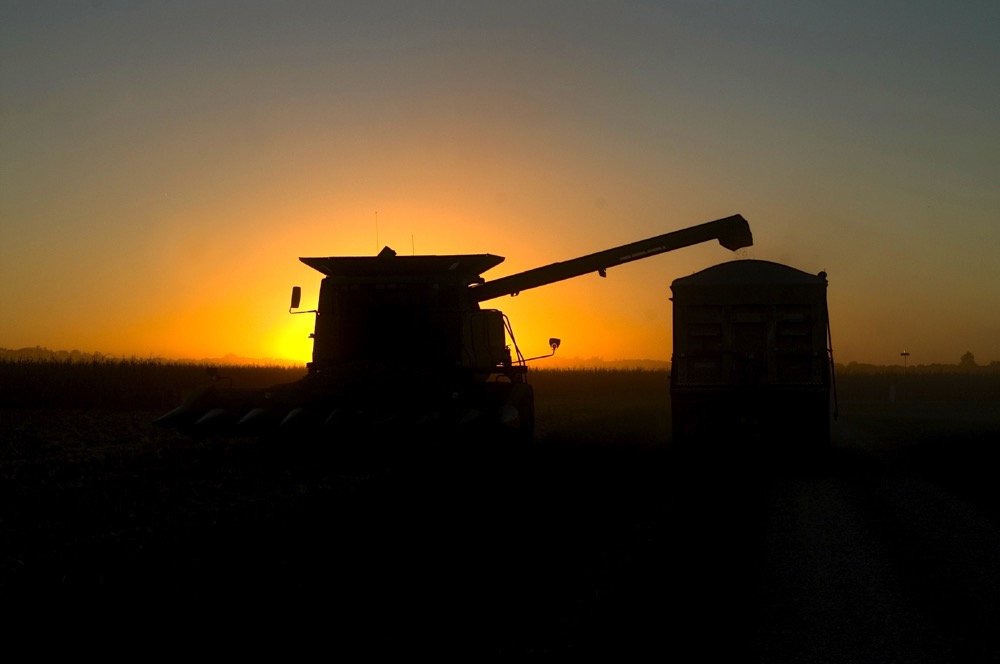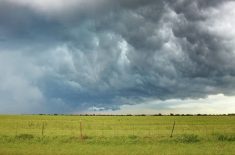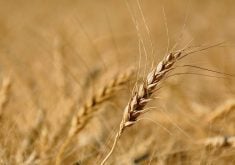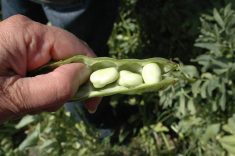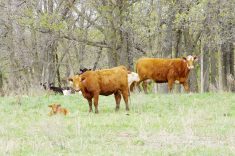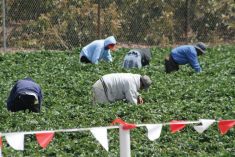Representatives of Alberta’s four major crop commissions, known as Team Alberta, want producers to know their precarious situation hasn’t been forgotten.
On October 13 Team Alberta issued a memo to producers outlining how it “continues to press the provincial government to acknowledge the ongoing situation and find solutions to protect farmers against the mounting risks threatening the stability and competitiveness of Alberta’s crop sector.”

“When we were in the height of the heat dome and drought back in July, we started having meetings with the Ministry of Agriculture and Agri-Forestry and Agriculture Financial Services Corporation,” Tom Steve, general manager of the Alberta Barley and Alberta Wheat Commissions, said in an interview.
Since then, Team Alberta has been having regular biweekly calls with the ministry and AFSC to discuss concerns for the cropping sector, but nothing has come of them, Steve said.
“I would say that overall, we’re a little concerned that there isn’t really any programming contemplated for this year that would help offset the impact of the drought on grain farmers.
“Our concern is that it doesn’t seem that the impact of the worst drought in 20 years is being fully acknowledged by the province. We’re being told existing programming is what will be used to deal with the impact of these dry conditions. We just know that there are a number of mitigating circumstances and pressures that are coming to bear on farmers.”
Read Also
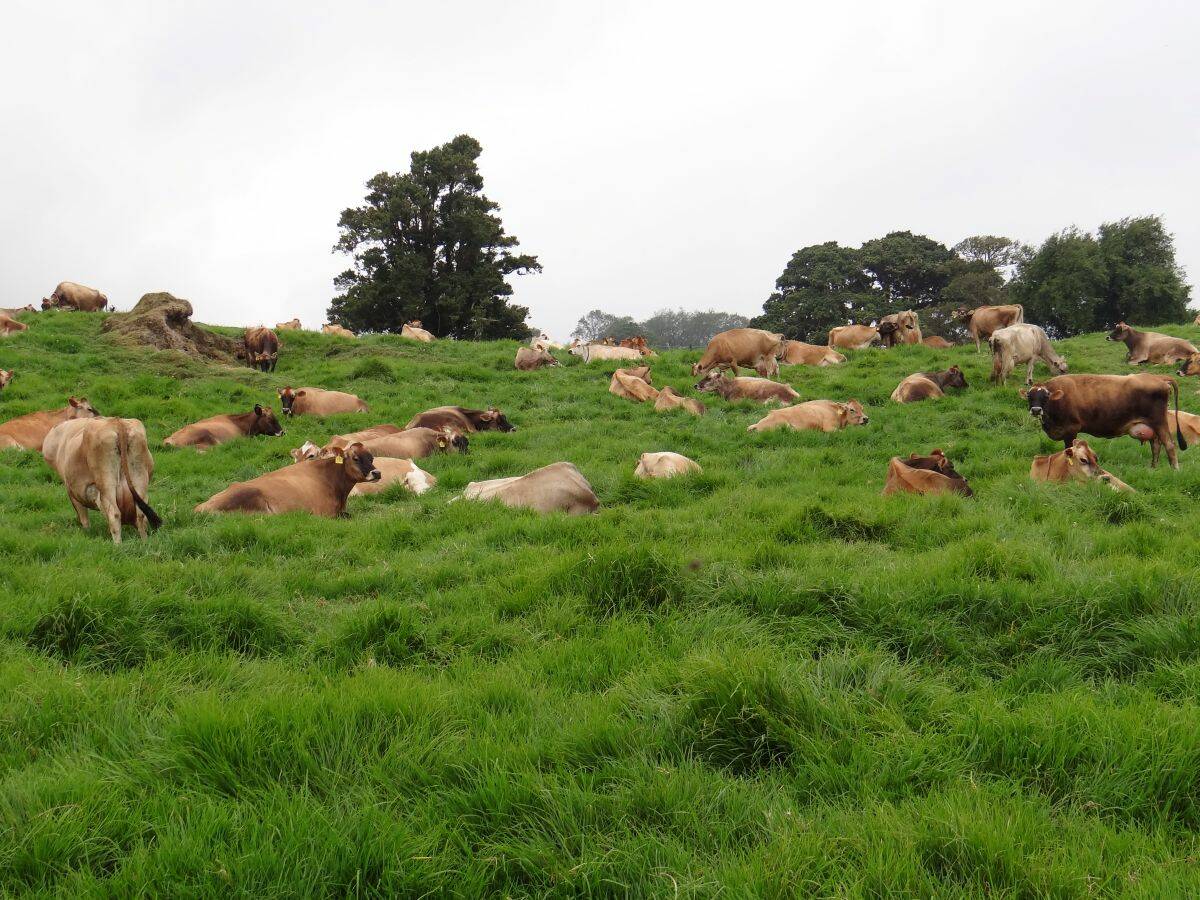
Is inflammation the real cause of milk fever in cattle?
UAlberta researcher Burim Ametaj’s theory challenges 200 hundred years of science and his work may change the approach for treatment.
Crop insurance only
“We’ve been having that same conversation with them all summer,” said Tara Sawyer, chair of the Alberta Barley Commission. “At the end of the day, the message we were getting from (the government) was, ‘you’ve got crop insurance. That’s what you guys are going to have to work with, because we have no funds for you,’” she said.
Crop insurance premiums were reduced by 20 per cent, but crop insurance is not made to cover large-scale disasters, said Steve.
“We are still working with the government, and they said there’s nothing coming for the crop sector, and I find that disappointing. We know the situation is going to continue. Are people going to have resources for next year’s crop year and the expenses that come from that? It’s not good enough.”
Sawyer said Team Alberta has been asking for changes to the existing business risk management programs, as well as flexibility on their responses and expediting crop insurance payments.
“We’ve been asking for them to do adjustments on the cap on the variable-price benefit, because then payouts would be more reflective on our current market prices. We’re not getting anywhere with that.”
Sawyer said Team Alberta is asking for changes to AgriStability to make the program more responsible, equitable and predictable during this disaster year.
“This is one of the worst drought and extreme weather patterns that we’ve had. They gave the livestock sector $340 million and they responded to them, and that’s great. They have nothing for the crop sector — no new programming, no acknowledgment that we’re having a similar impact,” said Sawyer, who farms at Acme.
Concern for next year
Steve said there are a number of “red flags” coming up in 2022.
Glyphosate prices are “through the roof,” and fertilizer prices and supply are unstable. Fuel costs are volatile and extremely high right now. The cost and availability of seed can be an issue, particularly for wheat and barley.
Alberta Pulse Growers Commission chair Robert Semeniuk also said his concerns are for cash flow over the winter and buying inputs for next spring.
“Our costs are sunk. They’re sunk in the spring. We’ve paid those expenses, no matter what, up front. There’s no way to mitigate that halfway through the season. In our case, our concerns are for next year. Some places in the province had no crop, and we’re looking at very high input costs for next year. I don’t know how they are going to do it,” said Semeniuk, who farms at Smoky Lake.
There’s also the possibility that 2022 could be another drought year.
“There is a lot that we’re being hit with this year. There’s some serious lost income. I’m disappointed with the lack of response from our government,” said Sawyer.
Team Alberta has posted its memo to farmers on its website www.teamalbertacrops.com.
It says that while it is pressing the province for more aid, in the meantime farmers are encouraged to submit their Harvest Production Reports to AFSC as soon as possible to expedite crop insurance payouts.
Sawyer said Team Alberta knows it’s accountable to producers, and wants producers to know it has been advocating for them.
“We understand the situation everybody is in, and we want to make sure they know that,” she said.
“We’re really stressing to the government that we need to be cognizant of what happened, but also the circumstances we might have to deal with in 2022,” said Steve.


